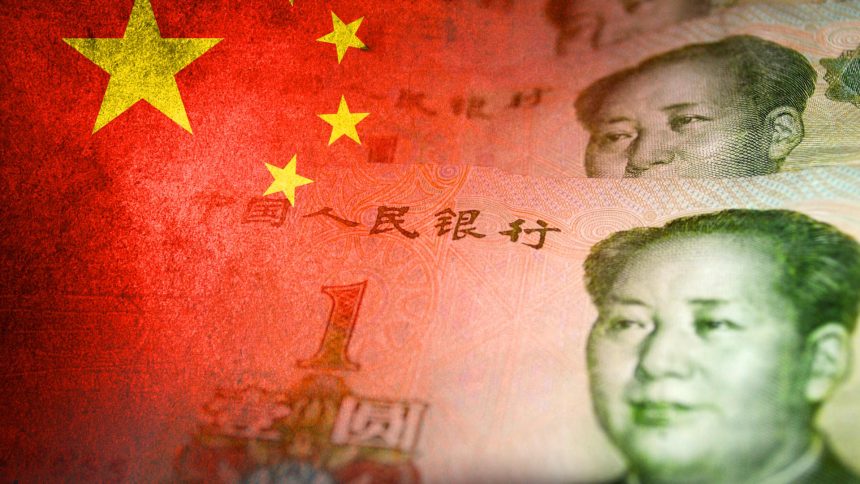Ratings agency Moody’s downgraded its outlook on China’s government credit ratings to negative from stable, expecting Beijing’s support and possible bailouts for distressed local governments and state-owned enterprises to diminish China’s fiscal, economic and institutional strength.
Moody’s though retained China’s “A1” long-term rating on the country’s sovereign bonds, while expecting China annual GDP growth to slow to 4% in 2024 and 2025 and average 3.8% from 2026 to 2030.
Structural factors including weak demographics will drive a decline to 3.5% by 2030, it said.
Read more about China from CNBC Pro
The move underscores concerns over rising debt levels and the impact on broader growth in the world’s second-largest economy as Beijing resorts to fiscal stimulus to support local governments and contain the spiraling debt crisis among the country’s property developers.
“The outlook change also reflects the increased risks related to structurally and persistently lower
medium-term economic growth and the ongoing downsizing of the property sector,” Moody’s said in a statement issued Dec. 5.
“These trends underscore the increasing risks related to policy effectiveness, including the challenge to design and implement policies that support economic rebalancing while preventing moral hazard and containing the impact on the sovereign’s balance sheet,” Moody’s added.
China credit default swaps (the cost of insuring against a government default) rose 4 basis points from Monday’s closing level, according to Reuters data.
Beijing disappointment
China’s Finance Ministry expressed its disappointment with Moody’s downgrade decision.
“Moody’s concerns about China’s economic growth prospects and fiscal sustainability are unnecessary,” the ministry said in a statement Tuesday.
“Since the beginning of this year, in the face of the complex and severe international situation, and against the background of unstable global economic recovery and weakening momentum, China’s macro economy has continued to recover and high-quality development has steadily advanced,” the ministry added.

The central government said Oct. 24 that it had formalized a process allowing local governments to borrow funds for the year ahead — starting in the preceding fourth quarter, according to an announcement published by state media.
Beijing also announced a rare mid-year fiscal revision, which included the issuance of 1 trillion yuan in ($137 billion) in government debt — one of the biggest changes to the national budget in years. The amount was for the reconstruction of areas hit hard by natural disasters — such as this summer’s historic floods — and for catastrophe prevention.
Moody’s also cited the 1.6 trillion yuan increase in central government transfers to regional and local governments in 2022 from 2021, which partly but only temporarily offset the 2 trillion yuan in lost land sales revenue, as a key development that factored in its thinking.
Read the full article here




